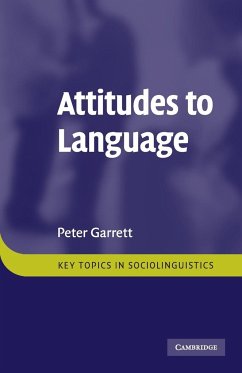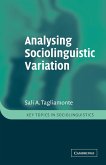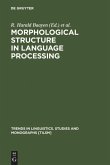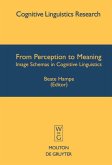Just about everyone seems to have views about language. Language attitudes and language ideologies permeate our daily lives. Our competence, intelligence, friendliness, trustworthiness, social status, group memberships, and so on, are often judged from the way we communicate. Even the speed at which we speak can evoke reactions. And we often try to anticipate such judgements as we communicate. In this lively introduction, Peter Garrett draws upon research carried out over recent decades in order to discuss such attitudes and the implications they have for our use of language, for social advantage or discrimination, and for social identity. Using a range of examples that includes punctuation, words, grammar, pronunciation, accents, dialects and languages, this book explores the intricate and fascinating ways in which language influences our everyday thoughts, feelings and behaviour.
Hinweis: Dieser Artikel kann nur an eine deutsche Lieferadresse ausgeliefert werden.
Hinweis: Dieser Artikel kann nur an eine deutsche Lieferadresse ausgeliefert werden.









